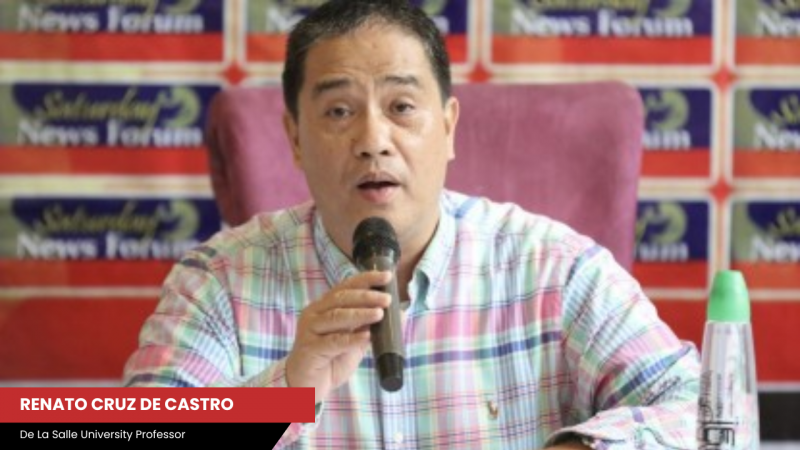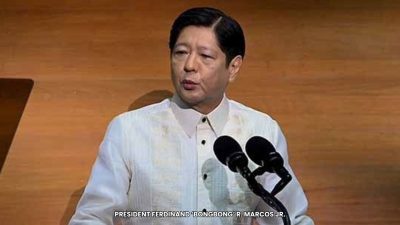REMOVING China’s barrier at the entrance of Scarborough Shoal demonstrates the assertiveness of President Ferdinand R. Marcos Jr. in safeguarding Manila’s claims in the West Philippine Sea (WPS), according to an analyst.
“The President’s action sends a clear message that our pursuit of peace does not mean we’ll sacrifice our rights. We seek a peaceful relationship with China but remain committed to defending what we believe is rightfully ours,” said De La Salle University Professor Renato Cruz de Castro during a forum.
De Castro commended Marcos for his “decisiveness” in issuing the order to dismantle the barrier, even though it carried the potential for an “adverse reaction” from China.
He noted that the 2016 arbitral ruling on the South China Sea recognized Scarborough Shoal as within the Philippines’ 200 nautical mile exclusive economic zone and a traditional fishing ground used by Filipinos for generations.
De Castro emphasized that China’s placement of the barrier symbolized an action directed not only against the government but also against ordinary Filipino fishermen in Zambales.
“In less than 24 hours, the President made a resolute decision. It was a significant move, considering the potential reaction from China, but he took the challenge and ordered the removal of the barrier,” he stated.
De Castro also highlighted that Marcos’ decision reflected a pursuit of an independent foreign policy and was made without consultation with partners like Japan, Australia, or the United States.
He believed that Marcos’ action caught Beijing by surprise, causing them to reassure Filipinos that Malacanang was very much in control of the situation. (ai/mnm)







